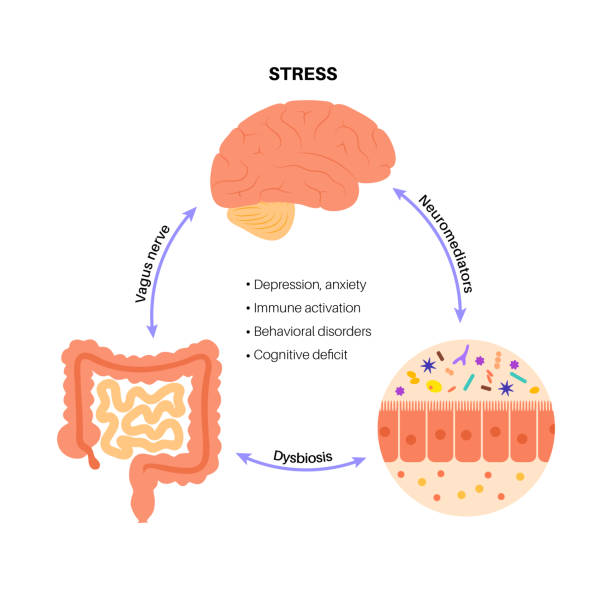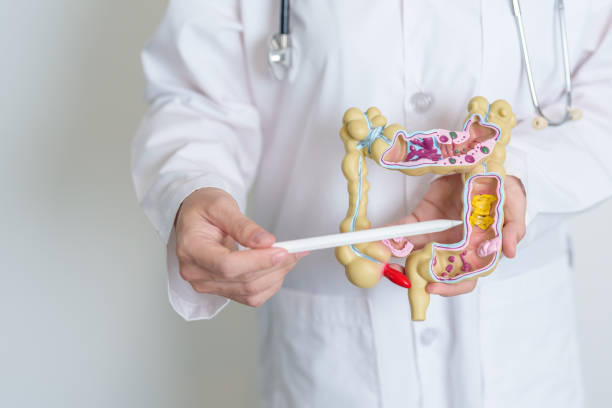The gastrointestinal (GI) tract includes the mouth, stomach, and intestines. Along with the liver, pancreas and gallbladder, these organs help your body absorb nutrients and eliminate waste. Any disturbance in this process can cause symptoms like vomiting and cramps. Most of the time the issues are temporary and not serious.

What are the Common Gastrointestinal Disorders?
Digestive disorders occur when the digestive system doesn’t work correctly. Medical experts classify these into two categories: organic and functional GI disorders. Organic GI Disorders occur when there are structural problems in the digestive system. Functional GI Disorders on the other hand shows the GI tract as working properly but is actually not.
Common Digestive Disorders
Some common digestive disorders include:
- Small Intestinal Bacterial Overgrowth (SIBO)
- Irritable Bowel Syndrome (IBS)
- Gallstones
- Gastroesophageal Reflux Disease (GERD)
- Crohn’s Disease
- Celiac Disease
- Ulcerative Colitis (UC)
Less Common Digestive Disorders
Achalasia
Hirschsprung’s Disease
Ménétrier Disease
There are also serious GI diseases like gastroparesis and patients with these conditions should avoid GLP-1 receptor agonists (GLP-1-RAs).

New Study Links GLP-1 Agonists to Serious GI Issues
Popular benefits of GLP-1 receptor agonists, such as Wegovy and Ozempic, have been linked to serious gastrointestinal (GI) side effects, including gastroparesis, pancreatitis, and bowel obstruction.
New research from the University of British Columbia supports the connection between and explaination GLP-1 agonists and an increased risk of serious GI issues. Dr. Mir Ali, a bariatric surgeon and medical director, noted that these results were expected. He explained that one of the ways GLP-1 agonists work is by slowing down the emptying of the GI tract, which can affect some patients more than others.
Dr. Ali suggested that if patients show signs of poor stomach emptying or other intestinal symptoms, they should consider alternative treatments.
Tips for Managing GLP-1 Side Effects
To manage the gastrointestinal side effects of GLP-1 drugs, here are some practical tips:
- Patients are encouraged to stay active as regular movement can help improve GI motility.
- Drink plenty of water as this is crucial for maintaining overall digestive health.
- Eat smaller but frequent meals. Eating smaller amounts of food can ease the burden on the digestive system.
- Consider the use of stool softeners to help manage constipation, which is a common side effect of GLP-1 treatment..
- You should also understand and follow the doctor-prescribed dietary guidelines.
- Increase the amount of fiber in your diet to help with regular bowel movements.
You can view the complete guidelines here.